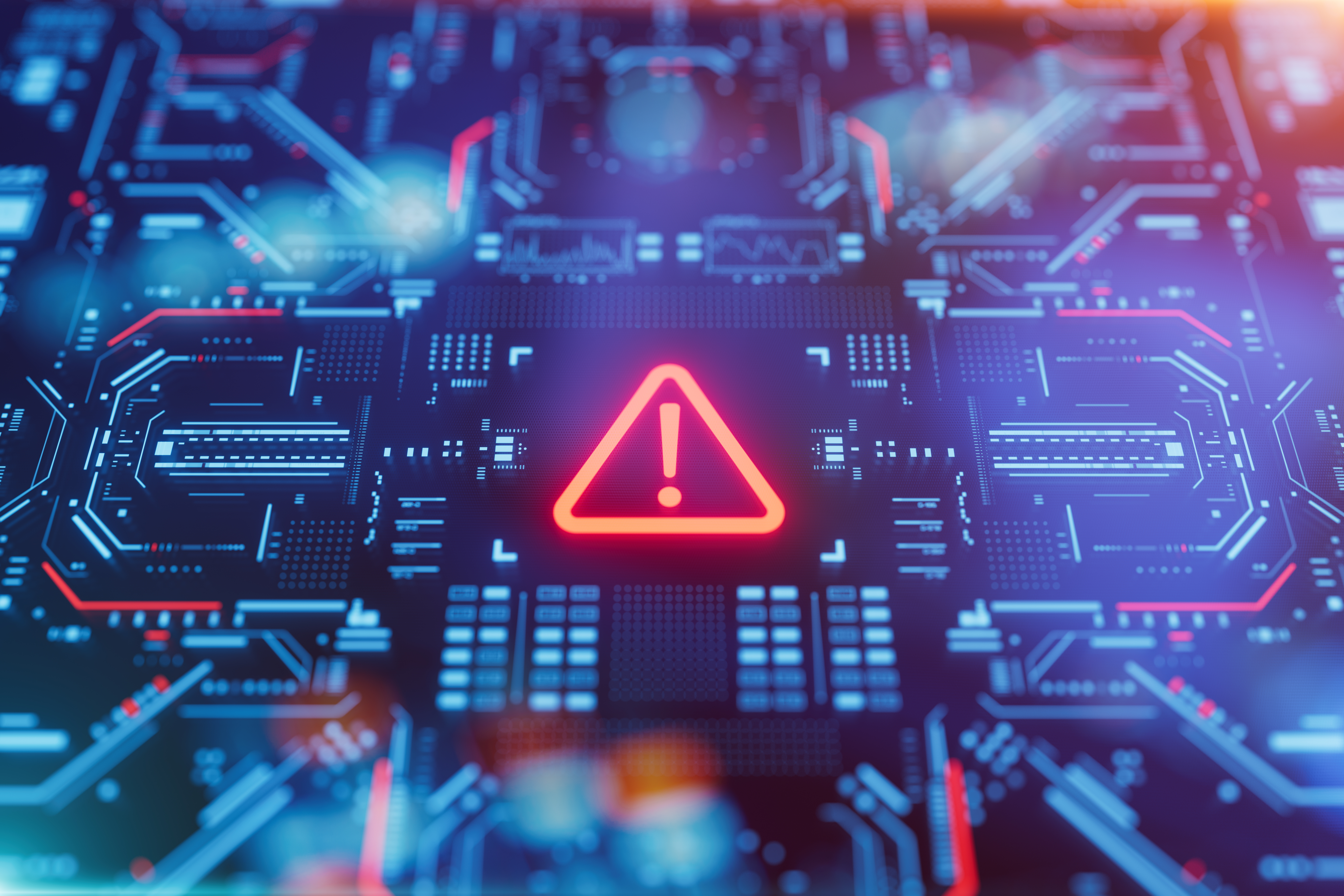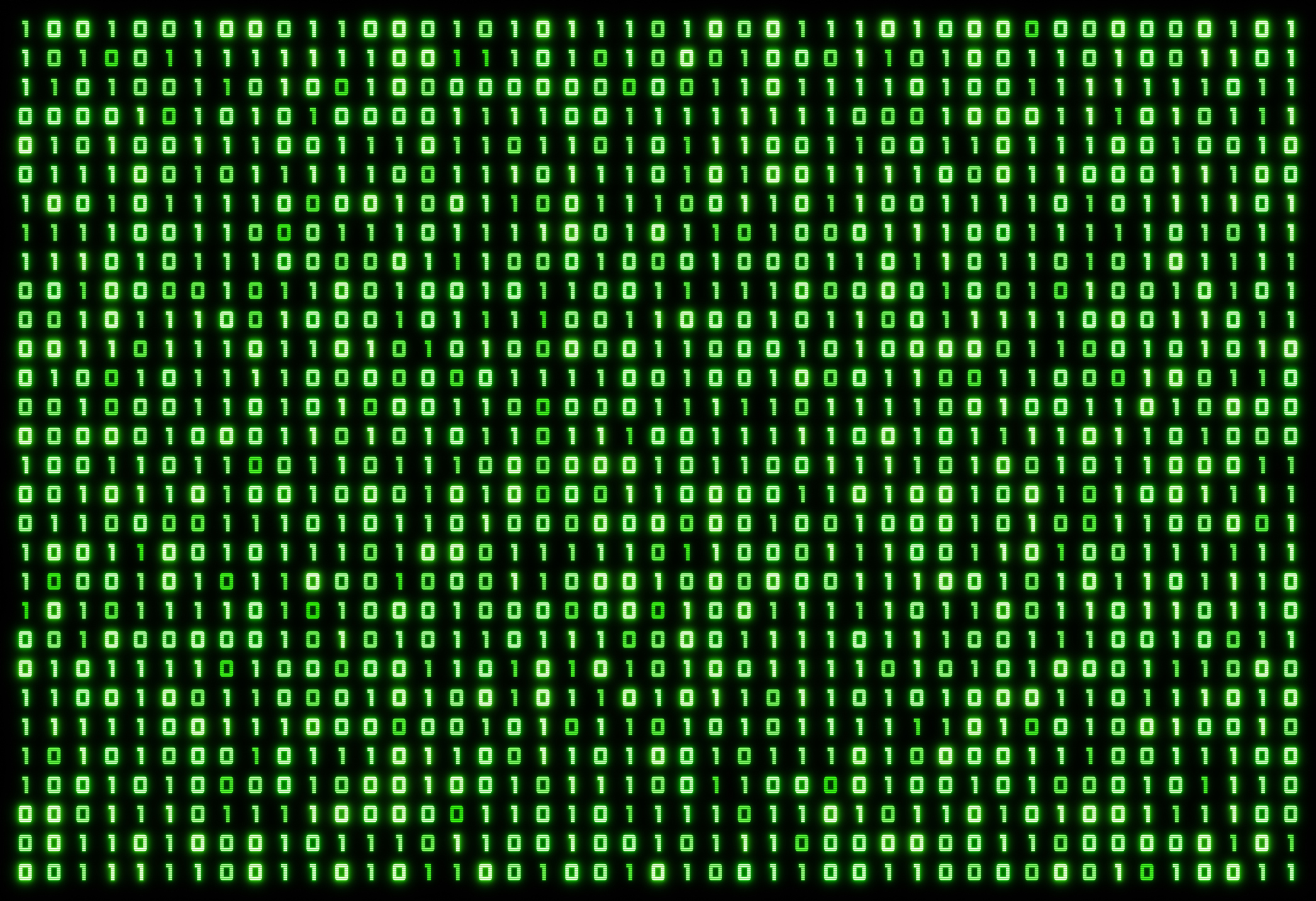Privacy International seeks to expose Five Eyes surveillance standards
Human rights group seeks details on spying agreement’s legal limitations


Human rights organisation Privacy International has filed a lawsuit in a bid to reveal the legal standing behind the decades-old Five Eyes agreement.
Privacy International has brought the court case before the US District Court for the District of Columbia, attempting to compel disclosure of records relating to the 1946 surveillance agreement between the US, UK, Australia, Canada and New Zealand.
Five Eyes refers to a global surveillance arrangement between these countries that began during World War II, when the military branches of each country respectively developed signals intelligence relationships with their counterparts. Those relationships were formalised in the United Kingdom-United States Communication Intelligence Agreement, signed in 1946.
The campaign group said that the most recent publicly available version of the Five Eyes surveillance agreement dates from 1955, and it wants the governments involved to detail the current version of the agreement, bearing in mind today's proliferation of data available on mobile phones, computers and other devices.
This availability of data has enormously increased opportunities for foreign governments to capture even purely domestic communications, the privacy group argued.
Privacy International's legal officer, Scarlet Kim, said: "Key documents, including the current agreement, remain secret, despite being critical to proper scrutiny of US surveillance activities. The public has a right to know what rules govern the exchange of information which may include purely domestic communications and data through this private pact."
Hannah Bloch-Wehba, Stanton First Amendment Fellow at Yale Law School's Media Freedom and Information Access Clinic (MFIA), which is representing Privacy International, said that without knowing the procedures and rules that govern intelligence sharing among the Five Eyes, it is impossible for the public to know if this secretive surveillance abides by constitutional restrictions.
Get the ITPro daily newsletter
Sign up today and you will receive a free copy of our Future Focus 2025 report - the leading guidance on AI, cybersecurity and other IT challenges as per 700+ senior executives
"Disclosure of the laws, rules, and regulations that constrain government surveillance is fundamental to basic democratic oversight. The government's failure to make available even the most basic information about the rules currently in place corrodes public confidence in the rule of law and undermines our democracy," she said.
Only the agreement's legal standards and limitations are subject to the group's lawsuit, not the agreement's operational details.
Picture: Bigstock
Rene Millman is a freelance writer and broadcaster who covers cybersecurity, AI, IoT, and the cloud. He also works as a contributing analyst at GigaOm and has previously worked as an analyst for Gartner covering the infrastructure market. He has made numerous television appearances to give his views and expertise on technology trends and companies that affect and shape our lives. You can follow Rene Millman on Twitter.
-
 Should AI PCs be part of your next hardware refresh?
Should AI PCs be part of your next hardware refresh?AI PCs are fast becoming a business staple and a surefire way to future-proof your business
By Bobby Hellard Published
-
 Westcon-Comstor and Vectra AI launch brace of new channel initiatives
Westcon-Comstor and Vectra AI launch brace of new channel initiativesNews Westcon-Comstor and Vectra AI have announced the launch of two new channel growth initiatives focused on the managed security service provider (MSSP) space and AWS Marketplace.
By Daniel Todd Published
-
 UK businesses patchy at complying with data privacy rules
UK businesses patchy at complying with data privacy rulesNews Companies need clear and well-defined data privacy strategies
By Emma Woollacott Published
-
 Data privacy professionals are severely underfunded – and it’s only going to get worse
Data privacy professionals are severely underfunded – and it’s only going to get worseNews European data privacy professionals say they're short of cash, short of skilled staff, and stressed
By Emma Woollacott Published
-
 Four years on, how's UK GDPR holding up?
Four years on, how's UK GDPR holding up?News While some SMBs are struggling, most have stepped up to the mark in terms of data governance policies
By Emma Woollacott Published
-
 Multicloud data protection and recovery
Multicloud data protection and recoverywhitepaper Data is the lifeblood of every modern business, but what happens when your data is gone?
By ITPro Published
-
 Intelligent data security and management
Intelligent data security and managementwhitepaper What will you do when ransomware hits you?
By ITPro Published
-
 How to extend zero trust to your cloud workloads
How to extend zero trust to your cloud workloadsWhitepaper Implement zero trust-based security across your entire ecosystem
By ITPro Published
-
 The threat prevention buyer's guide
The threat prevention buyer's guideWhitepaper Find the best advanced and file-based threat protection solution for you
By ITPro Published
-
 Why The Matrix offers valuable lessons on data sovereignty for channel partners
Why The Matrix offers valuable lessons on data sovereignty for channel partnersIndustry Insight Two decades on, there's much that the Matrix series can teach channel partners about data sovereignty
By David Devine Published